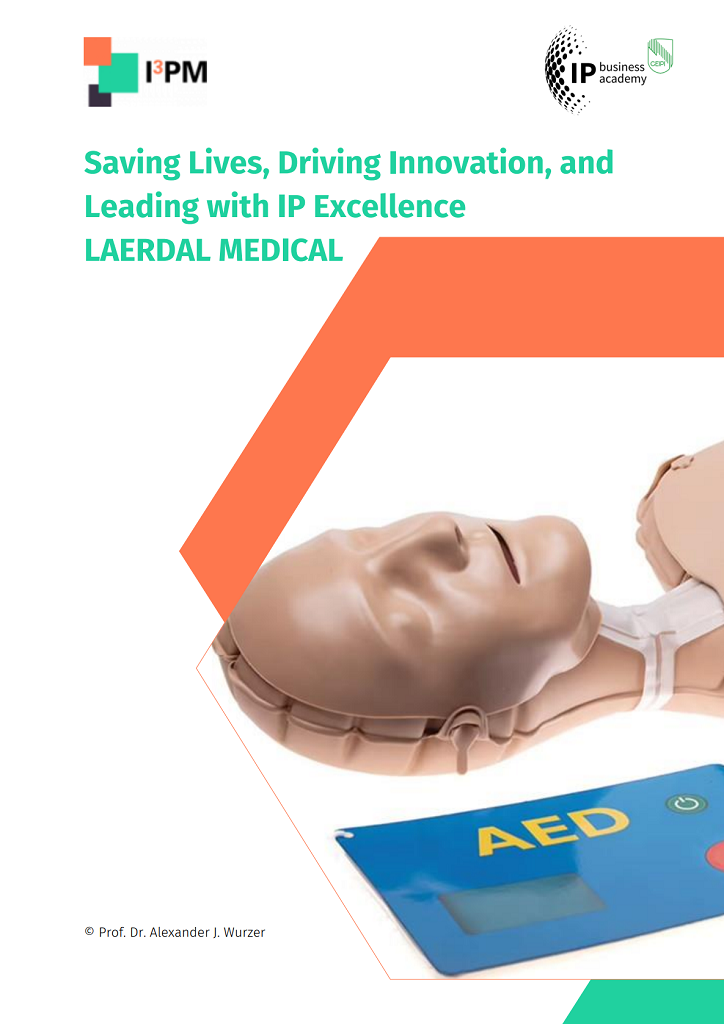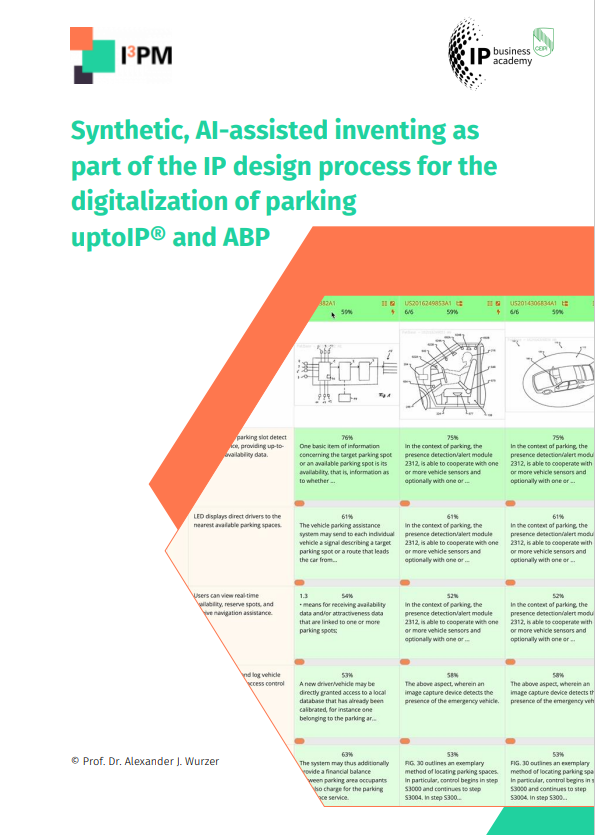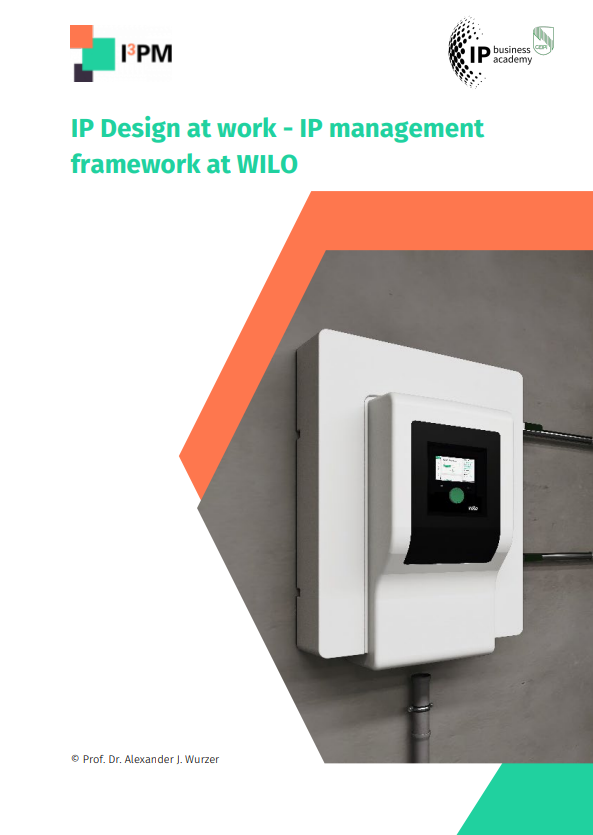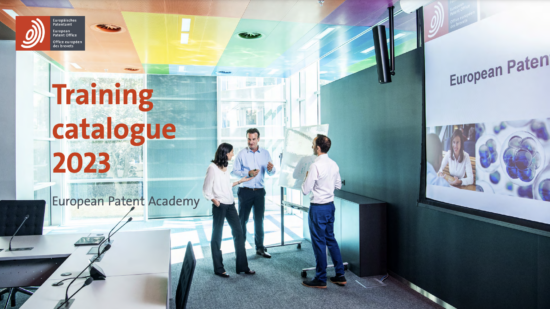Task Force
Industry Case Studies
Industry Case Study Program – Quality management in IP management
Quality in IP management – based on ISO56005/DIN77006:
What does this mean for organizations, companies and service providers and why is standard-compliant IP management useful and necessary?
Innovation
Innovation is an important factor influencing the economic power and competitiveness of companies. It can help to open up new markets, increase productivity and improve customer satisfaction. In a highly networked world with ever shorter innovation cycles, the ability to innovate is a key competence for gaining competitive advantages.
IP Management
IP management plays an important role in identifying and securing ideas for innovation and optimizing returns on innovation. Companies must ensure that they secure the rights to their own ideas in order to market innovations successfully and sustainably. At the same time, they must also ensure that they do not infringe the IP rights of others in order to avoid getting into legal trouble.
As the economic importance of the knowledge economy increases, the role of IP and IP management becomes critical to success in innovation management. IP management plays a particularly important role in the digital transformation, as the development of new technologies and the use of digital resources is increasingly dependent on the use of IP rights. Companies that design their IP Management to comply with standards are in a position to benefit from the economic opportunities of digital transformation and strengthen their competitiveness.
Case Study series
This case study series is about the further development of IP management analogous to DIN77006/ ISO56005 in companies. The aim of the project is to implement high-quality IP management in companies. Furthermore, this case study series is about the investigation of which criteria are to be applied for the determination of the appropriate scope of the implementation, depending on the respective maturity level of the IP management in the company, the business model as well as the competitive strategy.
This case study series is carried out as part of the PhD project of Ms. Nora Rüter LL.M MBA at the CEIPI Center for International Intellectual Property Studies, University Strasbourg building on her Master thesis “Readiness Level of Implementation of the DIN7006“.
The case study series follows the detailed analysis of documented individual cases in order to gain a deeper understanding of the concrete circumstances of specific individual cases of IP management implementation. The complexity and individual case dependency of practical IP management does not allow for simple quantification. Furthermore, the methodological approach of the case study series results in a higher explanatory power for the situational factors influencing the decisions and implementations of operational IP management. The following four basic steps are taken:
- selection of the case – which company/organization is representative and suitable for participation,
- collection of data (externally observable and internal) – conducting the interviews for data collection,
- analysis of the data- to extract the relevant information and to formulate the results,
- presentation of results.
Each case study is about the application of ISO56005/DIN77006 with all its components. The actual status of the implementation of ISO56005/DIN77006 in the companies is recorded. Based on this, it is a question of analyzing which components have already been implemented in the company and which still need to be implemented, depending on the business model and the competitive strategy. Building on this, it then goes to the potential recommendations for action for more appropriate implementation of ISO56005/DIN77006 in the companies.
The case study series is carried out, among others, by students of the diploma course “Diplôme Universitaire IP Business Administration” at the CEIPI IP Business Academy as an academic course achievement.
Thus, students and graduates of the degree programs at CEIPI IP Business Academy are given the opportunity to create case studies based on this concept. This allows students/graduates to gain their own insight into how to optimize the implementation of high quality IP management. The students/ graduates get the chance to actively support companies in improving their IP management. The students/graduates benefit from their personal experience, support the company, and thereby also contribute to the dissemination of knowledge about IP and high-quality IP management. Furthermore, the students can have the case study credited as an examination achievement in their subject.
Here you can download the available case studies:
Committee for Quality in IP Management
The academic supervision of the case study project is in the hands of Prof. Dr. Alexander Wurzer, director of the academic IP management training of the CEIPI IP Business Academy as well as head of the EPO certificate courses at CEIPI and chairman of the working committee for DIN77006. The case studies will be conducted in cooperation with the Committee for Quality in IP Management of the International Institute for IP Management I3PM under the responsibility of the designated Committee Chairs:
- Maria Boicova-Wynants, IP Lawyer and IP Strategy Consultant, European Trademark and Design Attorney, Mediator at Wynants & Co Strategic IP Solutions
- Dr. Claas Gerding-Reimers, Intellectual Property Consultant, European Patent Attorney at 1stClaas IP, Intellectual Property Counsel at Basler AG
- Ricardo Cali, Key Account Manager Patents, Questel
- Dr. Christian Stauf, Professor for International Business & Intellectual Property Law, OTH Amberg-Weiden
The IP Management Quality Committee has created the possibility for members of I3PM to apply for their companies to conduct such a case study in the framework of the cooperation project with the University of Strasbourg, CEIPI. Likewise, case studies will be conducted in collaboration with institutions of national innovation systems in order to document outstanding examples of IP management and make them available as teaching material. The CEIPI/I3PM collaboration project builds on the experience of the IP Management Case Study Project of the IP Business Academy.
The results of the case study series form, among other things, the basis for
- the IP management training at CEIPI in the Master for Intellectual Property Law and Management (MIPLM)
- the joint EPO/CEIPI university certificate courses in IP management for SME/start-ups; digital technologies and corporate sustainability
and will be made available for non-academic training by EPA and I3PM on quality in IP management to interested parties through I3PM’s Content Portal, among others, to enable standards-compliant IP management in operational practice.
Results of the case study series will be presented at the EPO HTB Forum 2023: IP strategy and management.
The responsible persons at I3PM and the CEIPI IP Business Academy would like to thank all representatives of national and regional innovation systems for supporting this collaborative project to further professionalize the practical field of action of IP management and thus strengthen the innovative power and competitiveness of the economy.
The case study series and all supporters of this case study series help in the further development and dissemination of knowledge as well as best practice in IP management and thus also in the improvement of the innovation culture of national and regional innovation systems.
Become a member
Join I3PM today and take advantage of the full range of benefits – I3PM is your inclusive and empowering community of international IP managers. We offer our members exclusive access to premium IP education, a strong and engaged professional network and high-level services and events.










